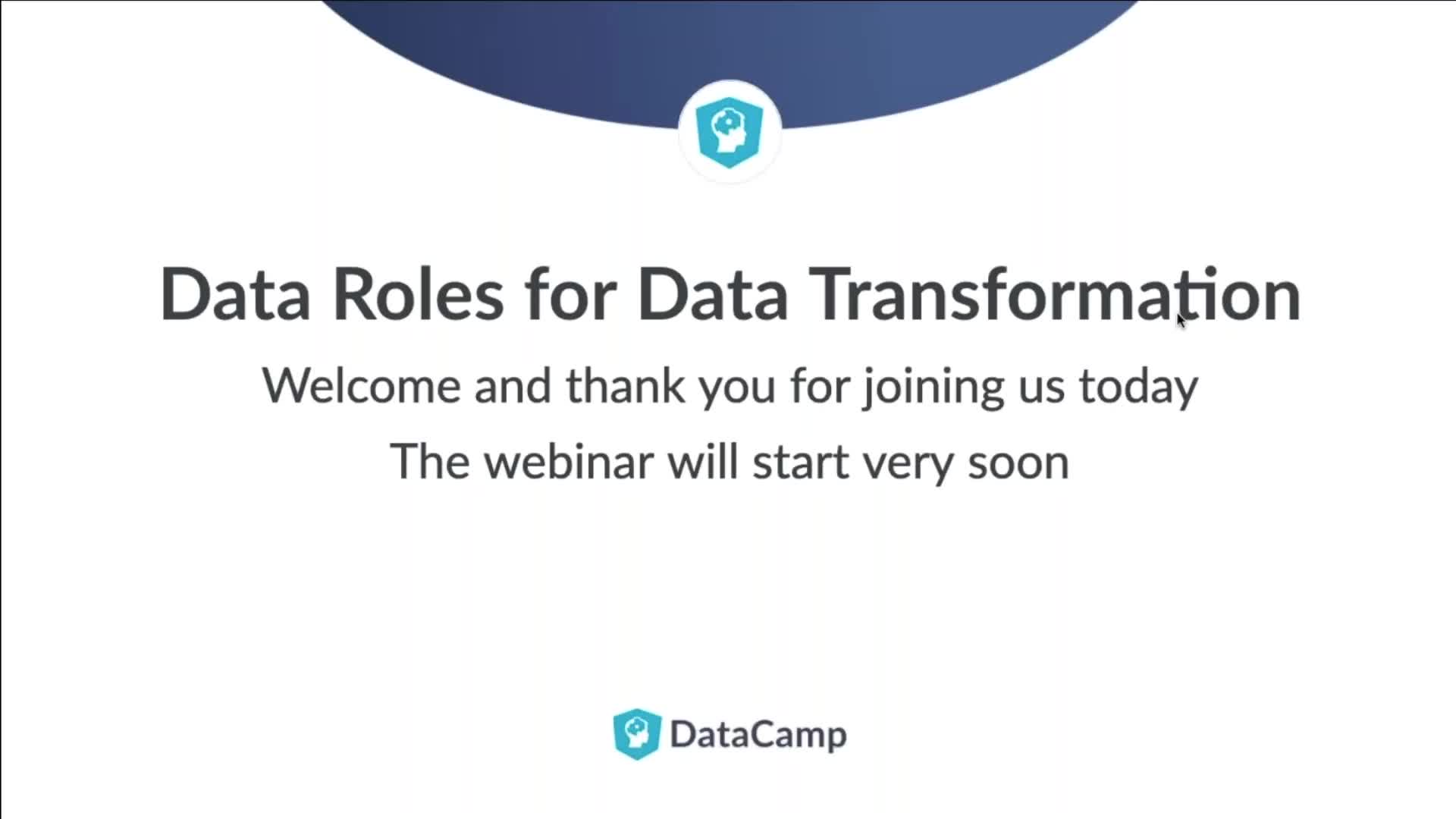Pular para o conteúdo principal





Relacionado
white paper
Data Leader's Guide to Upskilling
Building around eight key personas can drive your data-driven transformation.webinar
Data Skills to Future-Proof Your Organization
Discover how to develop data skills at scale across your organization.webinar
Make the most of your organization’s data with business intelligence
Learn how to scale data insights in your organization with business intelligencewebinar
Unlocking the Power of Learning Personas for Data Upskilling
Unlocking the Power of Learning Personas for Data Upskillingwebinar
Building an Enterprise Data Strategy that Puts People First
Building an Enterprise Data Strategy that Puts People Firstwebinar
DataCamp for Enterprise: Q3 2020 Roadmap
Learn about our product and content vision to easier manage your L&D programs.Join 5000+ companies and 80% of the Fortune 1000 who use DataCamp to upskill their teams.
Loved by thousands of companies


